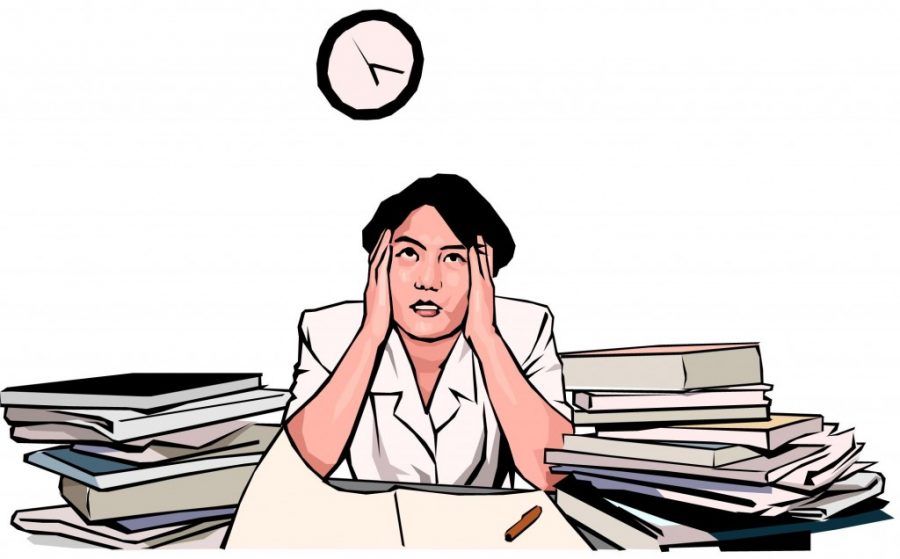By Briana Hayes
Staff Writer
If you have been to Bartol Hall lately, you may have noticed the new green bins near the garbage cans. Although they may look like recycling bins, they are actually meant for composting.
Composting is the process by which organic materials are broken down into a soil medium that can assist with the growth of plants. It is created by combining organic materials such as yard trimmings, food wastes, and manure, as well as wood chips, which add body to the compost.
The wood chips are known as bulking agents and are a necessary part of the composting process because they help speed up the breakdown of the organic components.
Composting has occurred naturally since plants first grew on earth. When the plants fall to the ground, the soil absorbs them and as they decay, they provide the nutrients needed for the new plants.
There are many and varied uses for compost. One of the most important is that it eliminates the need for chemicals in order to fertilize the soil.
In general, fertilizers are any substances that are used to add nutrients to the soil in order to promote plant growth. The health of the soil is important because it allows vegetation to grow.
Chemical fertilizers were first created to increase the quantities of nitrogen, phosphorus, and potassium already present in the soil. However, when they were created, other factors such as antioxidants had not been considered.
Over the years, chemical fertilizers have proven to be more harm than help. The problem is that the chemicals break down and then contaminate drinking water. The chemicals are water-soluble and remain in ground water for decades.
Composting serves as a way in order to divert the food waste away from landfills, which reduces the amount of methane present in landfills. Methane is a greenhouse gas with 21 times the warming potential of carbon dioxide.
The breakdown of nitrogen causes the release of nitrous oxide, which leads to ozone depletion. This means that there is a link between chemical fertilizers and acid rain. Furthermore, these chemicals now appear in the water that we consume.
When excessive nitrogen is found in our drinking water, it can lead to an array of health problems. These issues include respiratory ailments, cardiac disease, and various types of cancers.
Besides being an issue to human health, chemical fertilizers are simply not as efficient in growing crops and are less cost-effective. Why pay for fertilizers when you can use items you were already going to throw out?
Composting positively affects the economy by utilizing and recycling materials that might otherwise have ended up in a landfill. The cost benefits associated with composing are high, and the environmental benefits are incredible.
Composting requires a correct balance between organic materials and materials such as dry leaves, wood chips, and branches. This creates a balance between carbon and nitrogen.
In addition, in order to compost, the size of the particle must by ground down to a size that is efficient for a microorganism to consume. More surface area also allows for optimal temperature control.
The optimal temperature required for microorganism activity can be achieved by providing adequate moisture, and allowing for ventilation to improve oxygen flow.
The type of composting that is currently occurring in Bartol Hall is backyard, or “on site,” composting. Residents and small organizations frequently conduct this type of composting in order to reduce waste and save money on disposal costs. It requires little time and equipment, but it does require commitment and participation. In order for backyard composting to be successful, the participants must dispose of their food waste in the proper bins.
There are so many reasons to compost and Bartol has taken on the challenge. Composting helps the environment, the economy, and human health. Make sure you go green and place all of your food waste in the green bins.


















